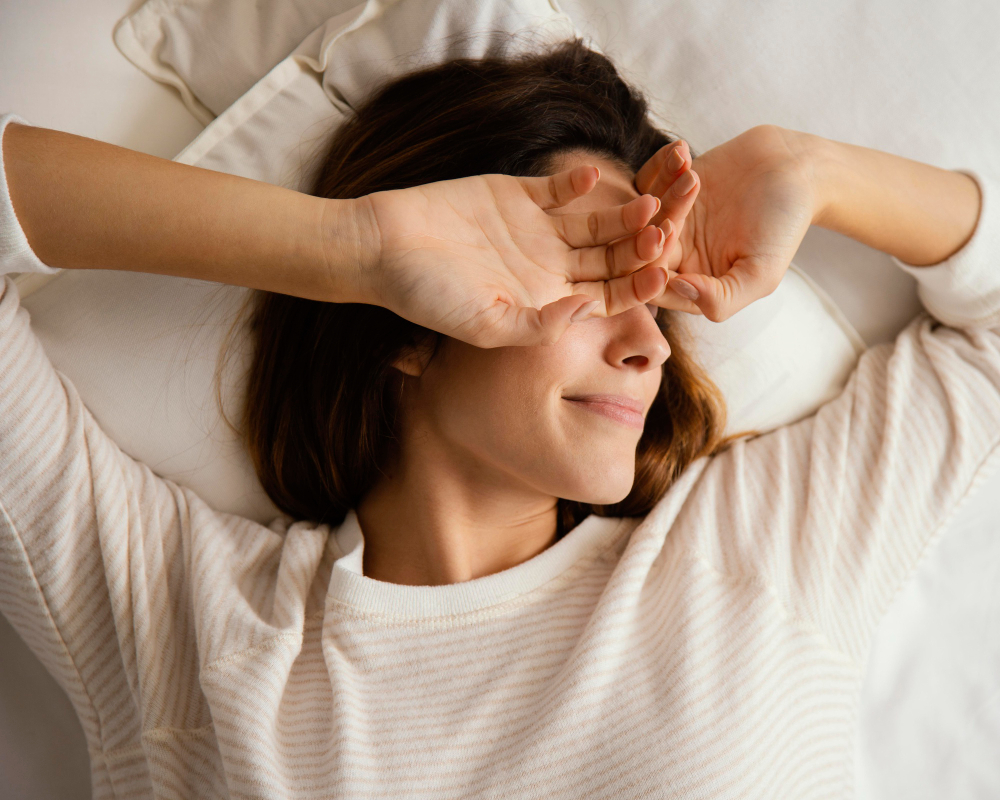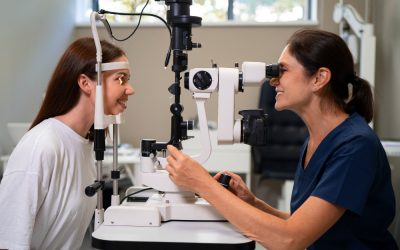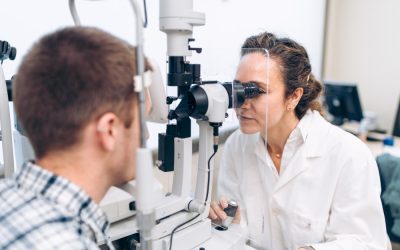The Role of Sleep in Eye Health: Why Rest Matters for Your Vision

Getting enough sleep is not just good for your body. It is also vital for your eyes. The role of sleep in eye health is often overlooked, but it is important for clear vision and comfort. When you sleep well, your eyes get a chance to rest and repair. However, poor sleep can lead to many eye problems. In this blog, we will explore how sleep affects your eyes and share tips to keep them healthy.
How Sleep Affects Eye Health
Sleep gives your eyes time to recover from daily strain. During deep sleep, your eyes are closed and protected. This helps reduce dryness and irritation. Also, sleep helps your body fight off infections, including those that can affect your eyes. For example, when you sleep well, your eyes stay moist and refreshed. In contrast, lack of sleep can make your eyes feel tired and sore.
Moreover, sleep helps balance the fluids in your eyes. This balance is important for clear vision. If you do not get enough rest, your eyes may not work as well. Over time, this can lead to more serious problems.
Common Eye Problems Linked to Poor Sleep
Many eye problems can be linked to not getting enough sleep. Some of the most common issues include:Dry eyes: Your eyes may not make enough tears, leading to discomfort.Eye twitching: Lack of sleep can cause your eyelids to twitch or spasm.Red eyes: Without enough rest, your eyes may look red and feel irritated.Blurred vision: Tired eyes may not focus well, making things look blurry.Increased risk of infection: Poor sleep weakens your immune system, making it easier for germs to cause eye infections.
According to the Centers for Disease Control and Prevention (CDC), adults should aim for at least 7 hours of sleep each night to support overall health, including eye health.
Signs Your Eyes May Be Affected by Lack of Sleep
Sometimes, your eyes will show signs if you are not sleeping enough. Look out for these warning signs:Itchy or burning eyesFrequent blinking or rubbing your eyesDifficulty focusing on objectsWatery eyes or drynessIncreased sensitivity to light
If you notice these symptoms, it may be time to improve your sleep habits. However, if problems continue, you should see an eye care specialist.
Tips for Improving Sleep to Support Eye Health
There are simple steps you can take to sleep better and protect your eyes. For example, try these tips:Go to bed and wake up at the same time each dayAvoid screens like phones or TVs at least 30 minutes before bedtimeKeep your bedroom cool, dark, and quietLimit caffeine and heavy meals in the eveningPractice relaxation techniques, such as deep breathing or gentle stretching
In addition, regular exercise can help you sleep better. But remember, try not to exercise too close to bedtime.
Prevention and Lifestyle Guidance
Good sleep is just one part of keeping your eyes healthy. You can also:Eat a balanced diet rich in fruits and vegetablesWear sunglasses to protect your eyes from the sunTake breaks from screens to reduce eye strainStay hydrated by drinking enough waterHave regular eye check-ups with a specialist
By making these habits part of your daily routine, you can help prevent eye problems and support your vision for years to come.
Conclusion
In summary, at Global Eye Hospital, we emphasise that good sleep is essential for maintaining healthy eyes. Proper rest allows your eyes to recover, stay lubricated, and resist infections. If you experience dryness, strain, or blurred vision, improving your sleep routine can make a real difference. For expert evaluation and personalized guidance, visit Global Eye Hospital your trusted partner in complete eye care and vision wellness.


